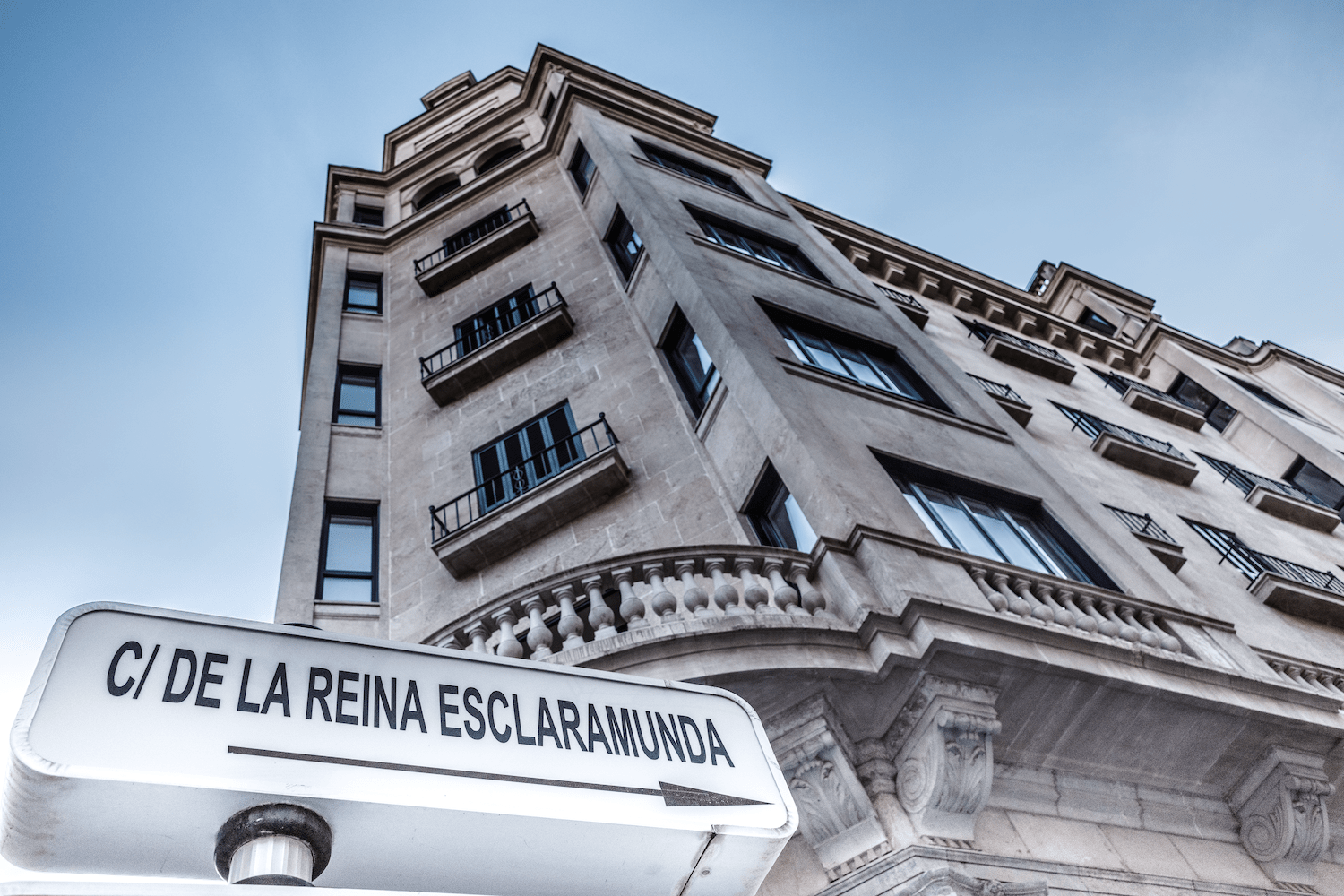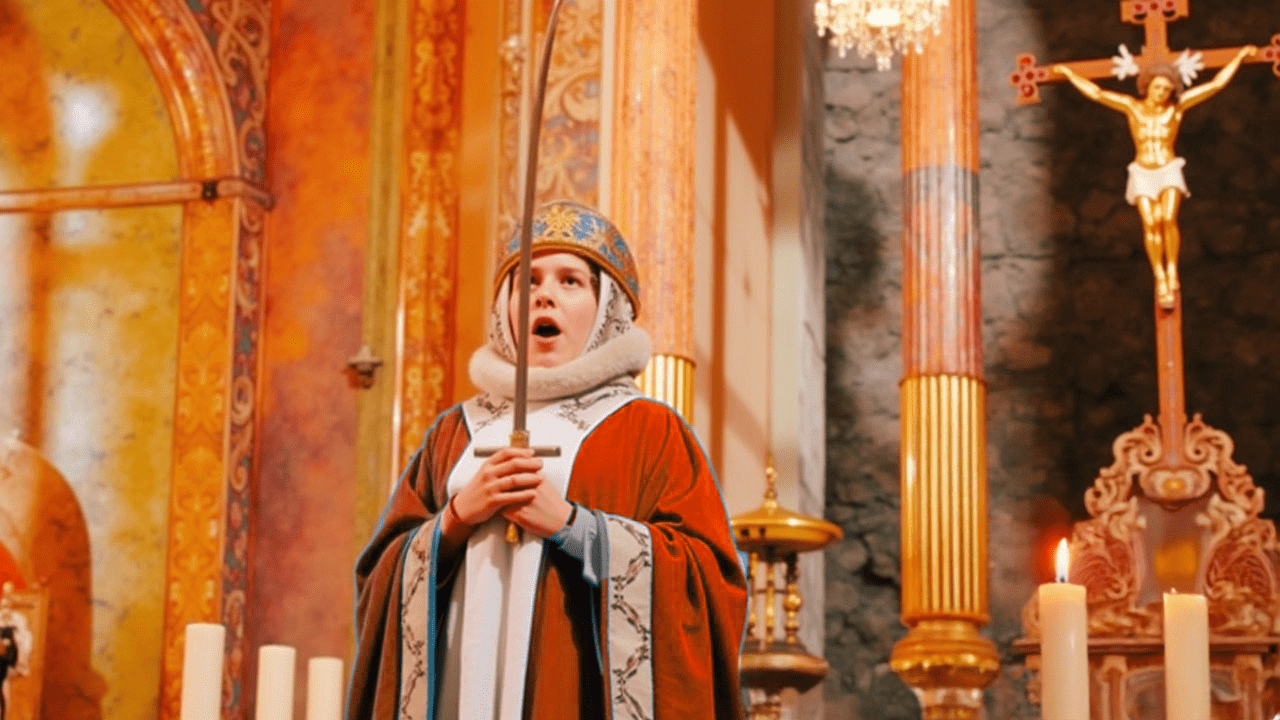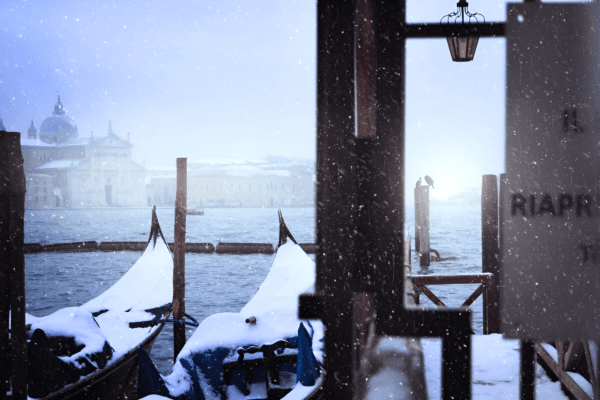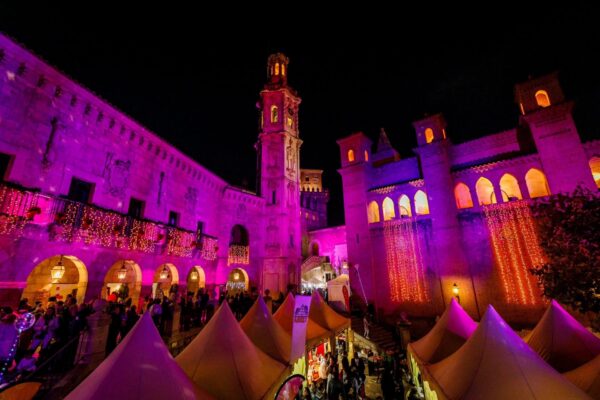Queen Esclaramunda of Mallorca: the romantic and tumultuous heart of a Kingdom
In the rugged landscapes of the Pyrenees, amidst the songs of troubadours and the bold clang of swords, Esclaramunda of Foix was born into a world of medieval grandeur and turmoil. A daughter of the noble House of Foix, she carried the bloodline of warriors and poets, her name meaning “light of the world.” Little did anyone suspect that this luminous woman would become Queen of Mallorca, embroiled in the passions and perils of a fledgling Mediterranean kingdom.
Esclaramunda’s life began under her family’s illustrious shadow. The House of Foix, famed for its fierce independence, thrived in the treacherous chessboard of medieval Europe. In 1275, she married James II of Mallorca, a young king striving to secure his island kingdom between the might of Aragon and France. Their union was both political and romantic — a bond tested by storms of power and betrayal.
The Mallorca Esclaramunda entered was a fragile kingdom, with lands not just in the Balearic archipelago but also in southern France. And Esclaramunda, with her sharp intellect and innate diplomacy, became not only a queen consort but a trusted advisor to her husband. She was known for her unwavering piety, a trait that would serve as her anchor in turbulent times. Yet, beneath the veneer of faith and duty, she was a woman of passion, fiercely protective of her family and their legacy.
The turmoil of her reign was swift to arrive. The Crown of Aragon, led by her brother-in-law Peter III, viewed the Kingdom of Mallorca with suspicion, dismissing it as an upstart rival. Tensions boiled over when Mallorca’s James sided with the French in a conflict against Aragon. The rivalry escalated into war, with Esclaramunda caught in the heart of the maelstrom. In 1285, turmoil struck the Kingdom of Mallorca when King Peter III of Aragon, launched a daring assault on the palace at Perpignan, then part of Mallorca and home to its principal royal residence. His objective was clear: to force his brother-in-law, King James II of Mallorca, to sever his alliance with the King of France. Caught off guard, James narrowly escaped capture, fleeing into the night. But in the chaos, Queen Esclaramunda and her four children were not so fortunate — they were taken hostage by the Aragonese forces.
Peter marched from Perpignan with his captives, including Esclaramunda, then pregnant, and her children. Their journey to the border at La Jonquera was fraught with despair. Yet, hope flickered when the Viscount of Cardona, a relative of Esclaramunda, and the Count of Pallars intervened, pleading for their release.
Peter partially relented. At La Jonquera, he freed Esclaramunda and her daughter, Isabella, but confined her three sons in the fortress of Torroella de Montgrí as hostages to ensure James’s compliance.
Esclaramunda’s personal life brimmed with both joy and sorrow. She bore James six children, each a potential pawn in Europe’s dynastic games. Her son Sancho would inherit the throne, but his reign marked the decline of Mallorcan independence — a loss Esclaramunda must have foreseen with a heavy heart.
In her later years, the queen withdrew into religious contemplation. The turmoil, betrayals, and heartbreaks of her life drove her closer to faith. She’s believed to have retired to a convent, her spirit still ablaze with memories of battles fought, love tested by fire, and a legacy destined to endure.
Queen Esclaramunda lived at the nexus of romance and ruin. Her life was a tale of love, war, and unyielding faith — a queen whose light, though shadowed by the tumult of her era, continues to illuminate Mallorca’s history.








